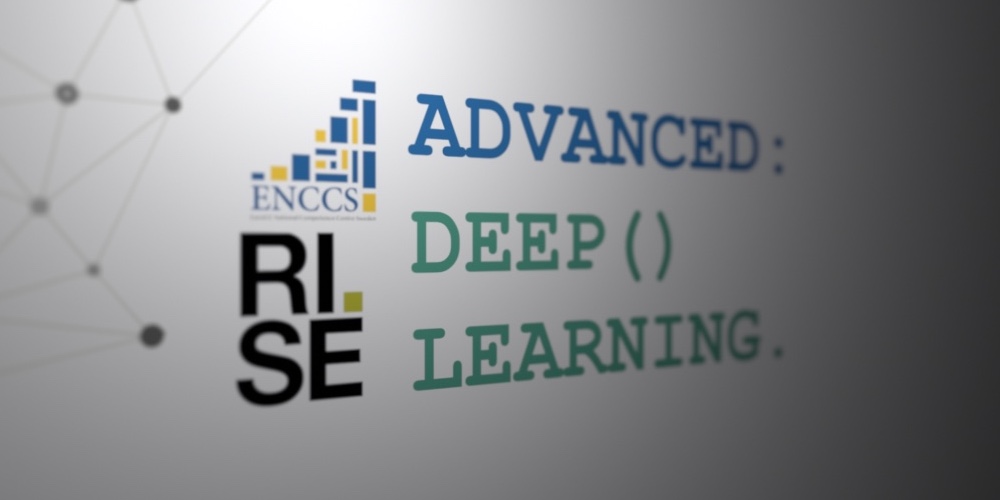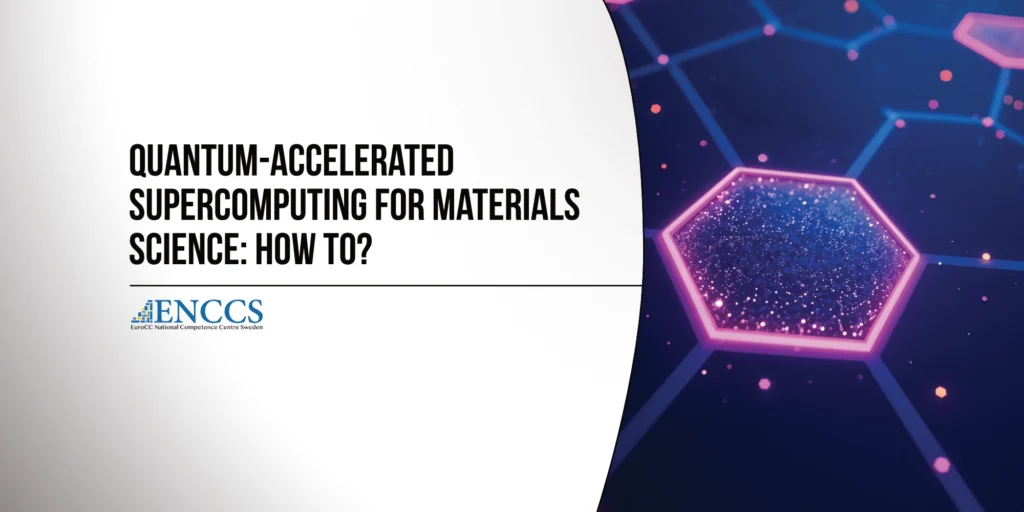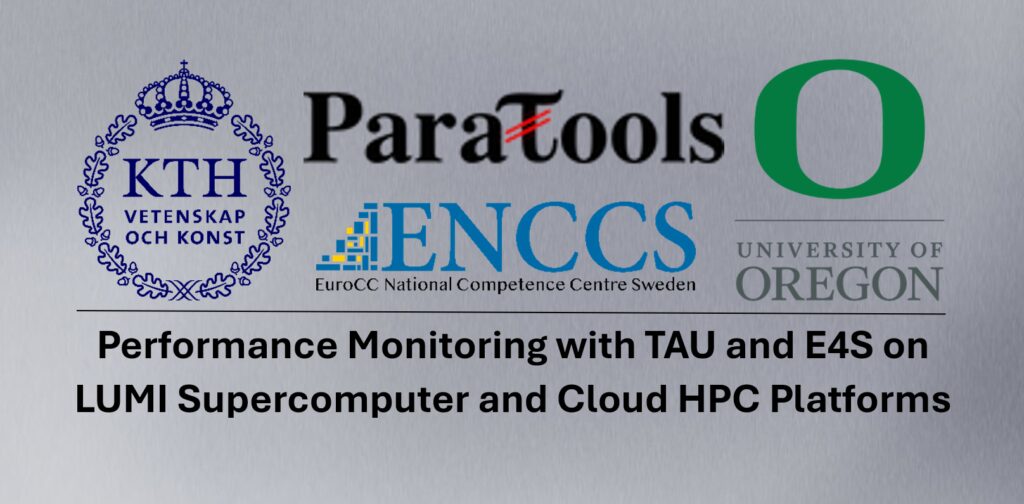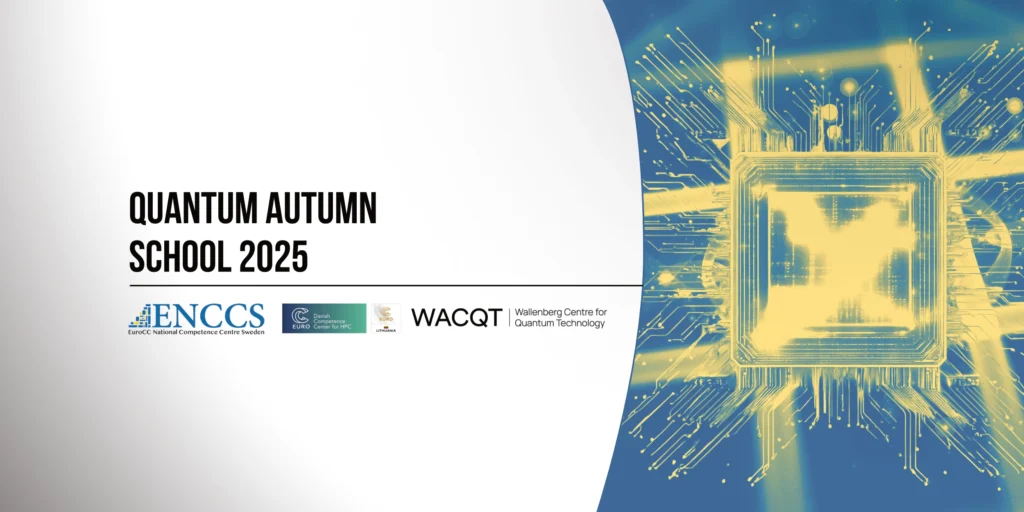
- This event has passed.
Advanced Deep Learning with Transformers – ENCCS/RISE

Overview
In recent years, Graph Neural Networks (GNNs) and Transformers have led to numerous breakthrough achievements in a variety of fields such as Natural Language Processing (NLP), chemistry, and physics. By doing away with the need for fixed-size inputs, these architectures significantly extend the scope of problems in which deep learning can be applied.
This workshop will take you from the representation of graphs as inputs for neural networks to the implementation of full GNNs for a variety of tasks. You will learn about the central concepts used in GNNs in a hands-on setting using Jupyter Notebooks and a series of coding exercises. While the workshop will use problems from the field of chemistry as an example for applications, the skills you learn can be transferred to any domain where finite sets or graph-based representations of data are appropriate. From GNNs, we will make the leap to Transformer architectures, and explain the conceptual ties between the two.
The workshop is free of charge and will be conducted fully online using zoom.
Prerequisites
To successfully participate in this workshop, you should have a good understanding of basic linear algebra and core concepts of deep learning such as CNNs, stochastic gradient descent, and supervised learning. You should also be familiar with the implementation of neural networks using PyTorch and be comfortable manipulating multidimensional arrays, using frameworks such as NumPy or PyTorch, at the level where you understand how broadcasting works. A basic conceptual understanding of mathematical graphs is recommended but not a prerequisite.
Agenda
Tuesday, 15 March 2022
[ninja_tables id=”11724″]
Wednesday, 16 March 2022
[ninja_tables id=”11723″]
Registration
You can register by following this link https://events.prace-ri.eu/event/1298/registrations/958/
For questions regarding this event please contact us at training@enccs.se.
————
This training is intended for users established in the European Union or a country associated with Horizon 2020. You can read more about the countries associated with Horizon2020 here https://ec.europa.eu/info/research-and-innovation/statistics/framework-programme-facts-and-figures/horizon-2020-country-profiles_en










